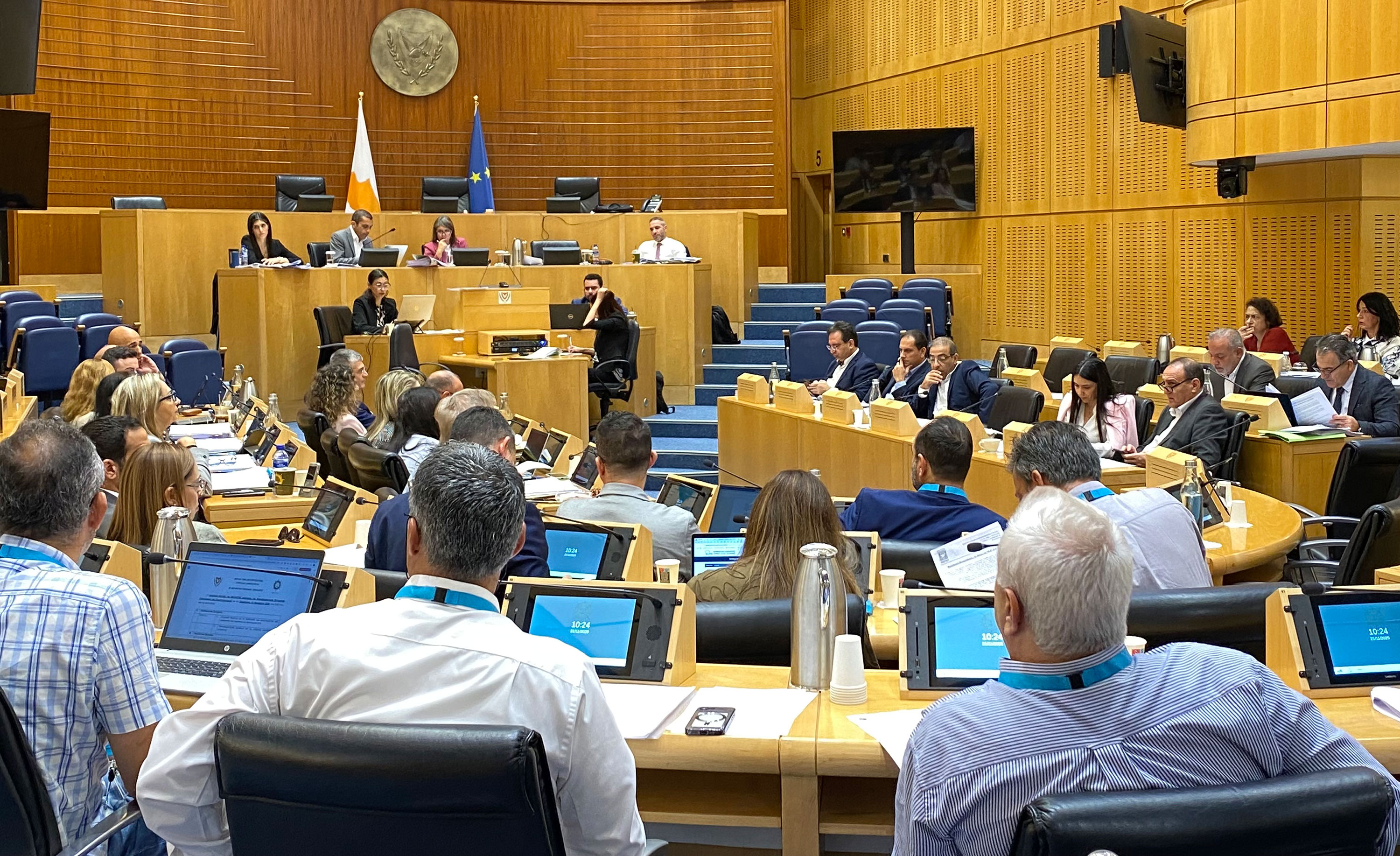Families with multiple children voiced strong objections before the House finance committee on Friday over the government’s proposed tax reform.
The Pancyprian organisation of large families argued that in linking tax relief to income thresholds, the government has undermined efforts to address Cyprus’s acute demographic challenges.
Its president, Dinos Olympios, reiterated the organisation’s position that incentives are needed to support higher birth rates.
Finance ministry officials briefed the committee on the key elements of the reform, which include a €1,000 tax exemption per child for each parent, €1,500 for interest or rent on a family residence, and a further €1,500 for upgrades made towards energy efficiency.
Under the bill, families would qualify only if their total income does not exceed €80,000, or in the case of households with more than three children, €100,000.
For individuals living alone, the ceiling is set at €40,000.
During the discussion, tax commissioner Sotiris Markides dismissed suggestions that lifting income criteria for families with seven or more children would have any significant fiscal impact as such households are in a minority.
However, he stressed that removing criteria for families with a more moderate three or four children would indeed incur larger costs.
A report submitted by the University of Cyprus outlined alternative models aimed at maintaining fiscal balance, suggesting that scaled income limits could be applied in cases involving children.
According to the report, the additional budgetary cost of such adjustments would be effectively negligible.
The organisation warned that the proposed thresholds effectively strip large families of their recognised status and called for staggered deductions that increase with each child.
The organisation also argued that families in which one spouse is not employed should receive the same tax treatment as single parent households.
Cyprus Worker’s Federation, Peo, proposed that the €100,000 income threshold should apply to all families with three or more children, increasing by €5,000 for each additional child.
The public servant’s trade union, Pasydy, also objected to income criteria linked specifically to children, instead proposing a universal credit of €200 to €250 per child.
The union has further raised concerns over the administrative burden the criteria would impose on the tax department and supported calls for a clearer separation between the government’s social and tax policy.






Click here to change your cookie preferences